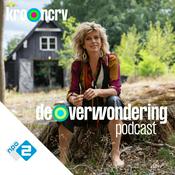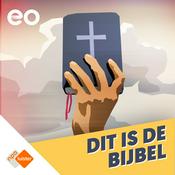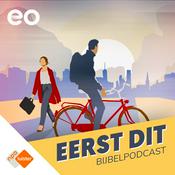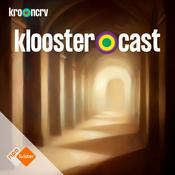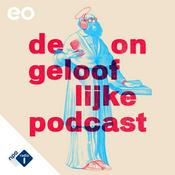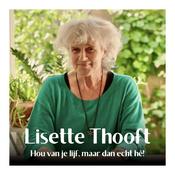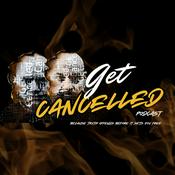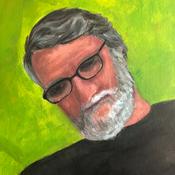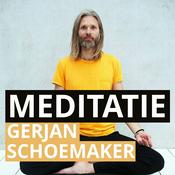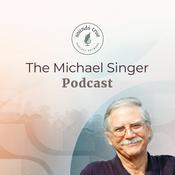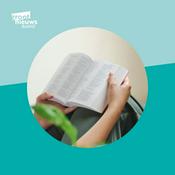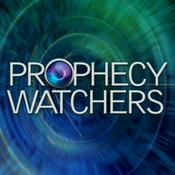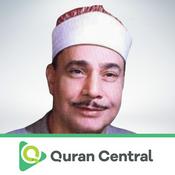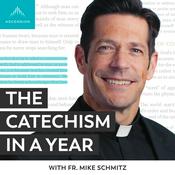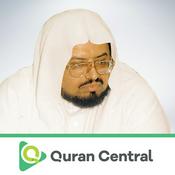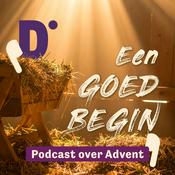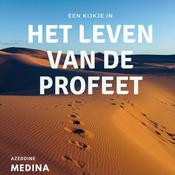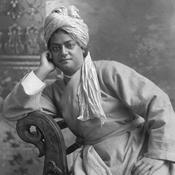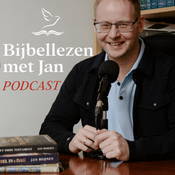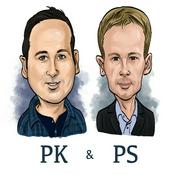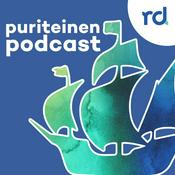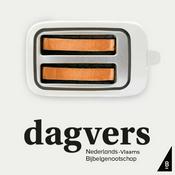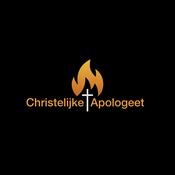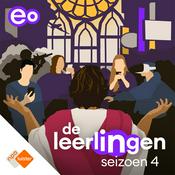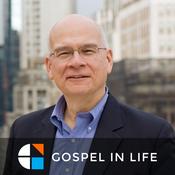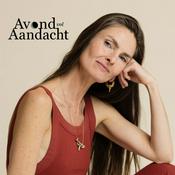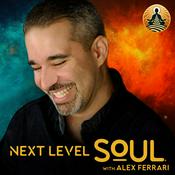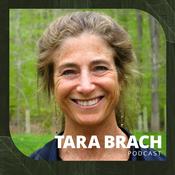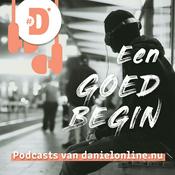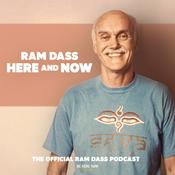Paradise and Utopia
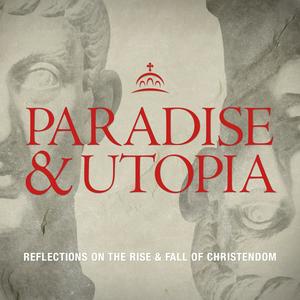
125 afleveringen

Liberal World-Building II: American Anticommunism in the 1950s
05-12-2025
In this episode, Fr. John describes the anticommunist character of liberalism in America during the Cold War, noting how in its promotion of individual rights it accommodated and even emphasized religious belief, but did so conditionally.

Liberal World Building I: When J.S. Mill met Friedrich Nietzsche
14-11-2025
In this new sequence of episodes, Fr. John looks at the origins of the main rival to the world-Building ideologies of Communism and Nazis, American liberalism.

Nazi World-Building III: The War of Annihilation
31-10-2025
In this final episode on Nazi Germany, Fr. John discusses the unparalleled nihilism of Hitler's "new order" for the West during World War II, a racist utopia grounded in a secular ideology.

Nazi World-Building II: The Project of Cultural Coordination
19-9-2025
In this episode, Fr. John describes how the Nazis, once in power, pursued a culture war against existing German values and beliefs by attacking Christianity, advancing neopaganism, and elaborating a racist utopia.

Nazi World-Building I: When Nietzsche met Darwin in Hitler's Mind
29-8-2025
In this episode, Fr. John launches into the darkest period of the age of nihilism, Nazi Germany. In it, he explores the conditions of Western culture following the First World War and how they subverted both traditional Christianity and secular humanism. He concludes with a review of the ideological mythology contained in Hitler's Mein Kampf.
Meer Religie en spiritualiteit podcasts
Trending Religie en spiritualiteit -podcasts
Over Paradise and Utopia
Luister naar Paradise and Utopia, KUKURU en vele andere podcasts van over de hele wereld met de radio.net-app

Ontvang de gratis radio.net app
- Zenders en podcasts om te bookmarken
- Streamen via Wi-Fi of Bluetooth
- Ondersteunt Carplay & Android Auto
- Veel andere app-functies
Ontvang de gratis radio.net app
- Zenders en podcasts om te bookmarken
- Streamen via Wi-Fi of Bluetooth
- Ondersteunt Carplay & Android Auto
- Veel andere app-functies


Paradise and Utopia
download de app,
luisteren.

